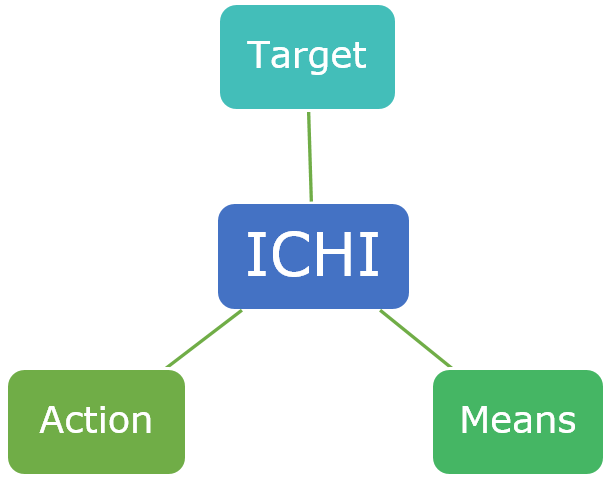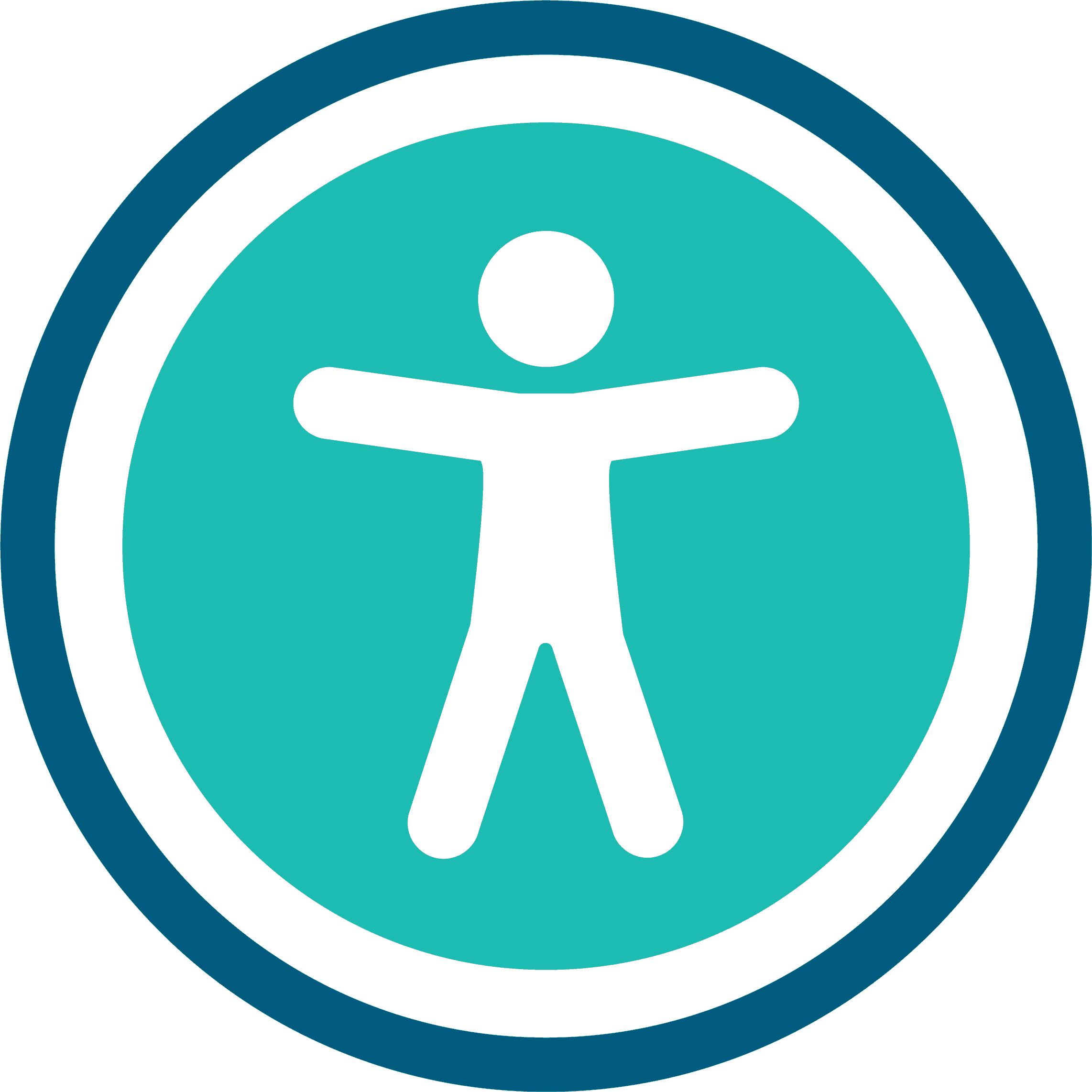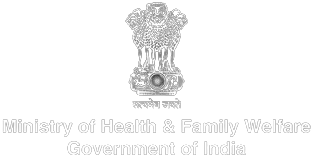About
The International Classification of Health Interventions (ICHI) is being developed to provide a common tool for reporting and analyzing health interventions for statistical purposes.
A health intervention is an act performed for, with or on behalf of a person or population whose purpose is to assess, improve, maintain, promote or modify health, functioning or health conditions.
The classification is built around three axes:
Target (the entity on which the Action is carried out), Action (a deed done by an actor to a target) and Means (the processes and methods by which the Action is carried out).

Purpose
ICHI covers interventions carried out by a broad range of providers across the full scope of health systems including acute care, primary care, and rehabilitation, assistance with functioning, prevention and public health.
Extension codes are provided to allow users to describe additional detail about the intervention in addition to the relevant ICHI code. ICHI was designed with low level of complexity for countries seeking a straightforward classification for national use, while also serving a basis for international comparisons.
References










